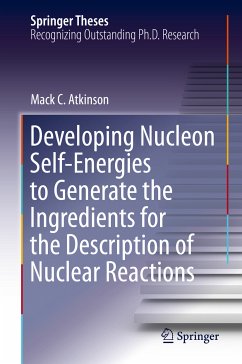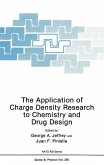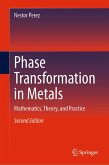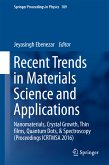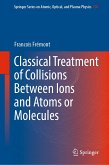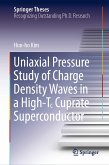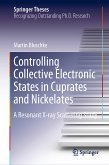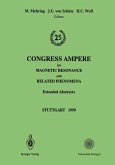This thesis develops the dispersive optical model into a tool that allows for the assessment of the validity of nuclear reaction models, thereby generating unambiguous removal probabilities of nucleons from valence orbits using the electron-induced proton knockout reaction. These removal probabilities document the substantial quantitative degree in which nuclei deviate from the independent-particle model description. Another outcome reported within is the prediction for the neutron distribution of Ca-40, Ca-48, and Pb-208. The neutron radii of these nuclei have direct relevance for the understanding of neutron stars and are currently the subject of delicate experiments. Unlike other approaches, the current method is consistent with all other relevant data and describes nuclei beyond the independent-particle model. Finally, a new interpretation of the saturation probabilities of infinite nuclear matter is proposed suggesting that the semi-empirical mass formula must be supplemented witha better extrapolation from nuclei to infinite matter.
Dieser Download kann aus rechtlichen Gründen nur mit Rechnungsadresse in A, B, BG, CY, CZ, D, DK, EW, E, FIN, F, GR, HR, H, IRL, I, LT, L, LR, M, NL, PL, P, R, S, SLO, SK ausgeliefert werden.

